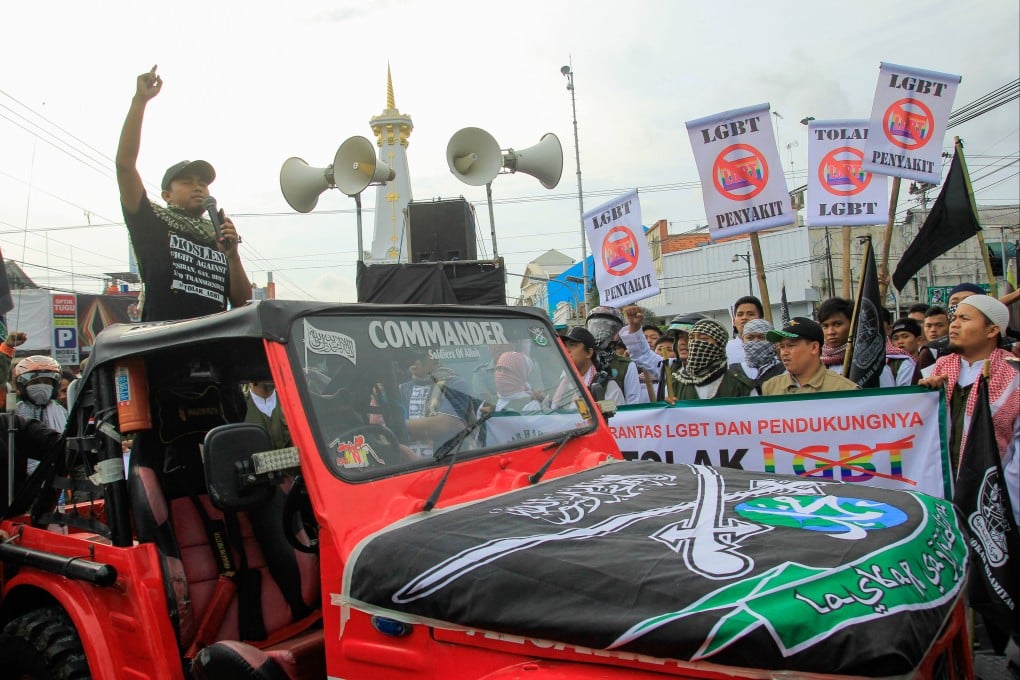Indonesia mulls ‘dangerous’ ban on investigative journalism, LGBT content
- The curbs in the world’s third-largest democracy would harm freedom of expression, liberties since Indonesia emerged from decades of authoritarian rule in 1998
- Indonesia has been mulling controversial legal revisions in recent weeks, including changes to a law that would give the government more power to remove sitting judges

Changes to the 2002 broadcast law were first discussed in 2020 but the details in the latest revisions have spurred concern, with Indonesia’s press council saying it would undermine media independence.
“The impact on press freedom is very serious,” said Arif Zulkifli, head of the council’s law and legislation division. “Indonesia’s press law says there must not be any censorship or banning of journalism. So this is contradictory.”
The government is yet to receive the draft bill, communications minister Budi Arie Setiadi said, adding the revisions must not muzzle media freedom.
The planned curbs on journalism in the world’s third-largest democracy would harm freedom of expression and hard-won liberties since Indonesia emerged from decades of authoritarian rule in 1998, journalism and civil society organisations say.

The bill does not provide details on the proposed ban on investigative reporting and how it might work, but journalist groups were concerned about censorship.